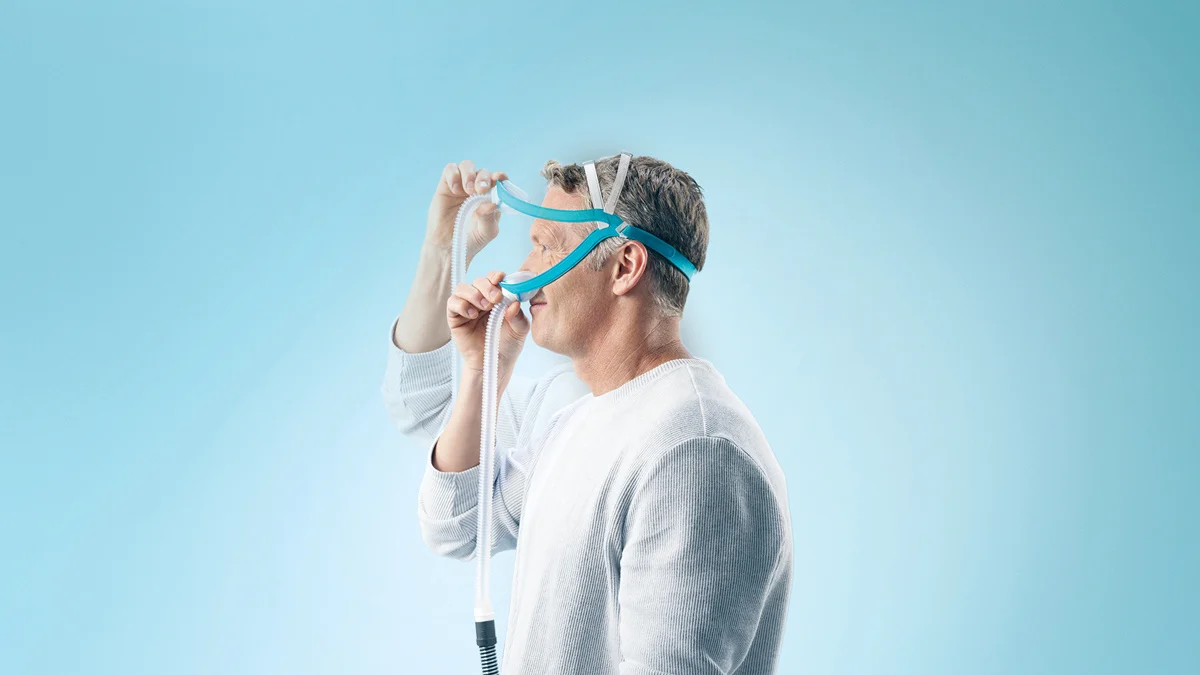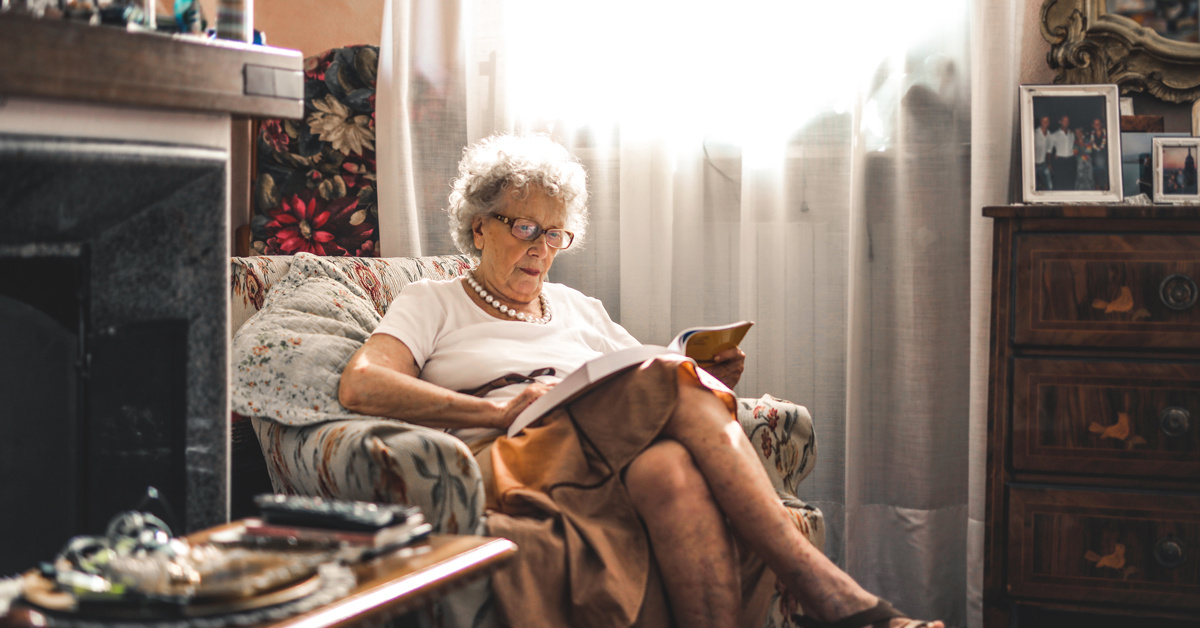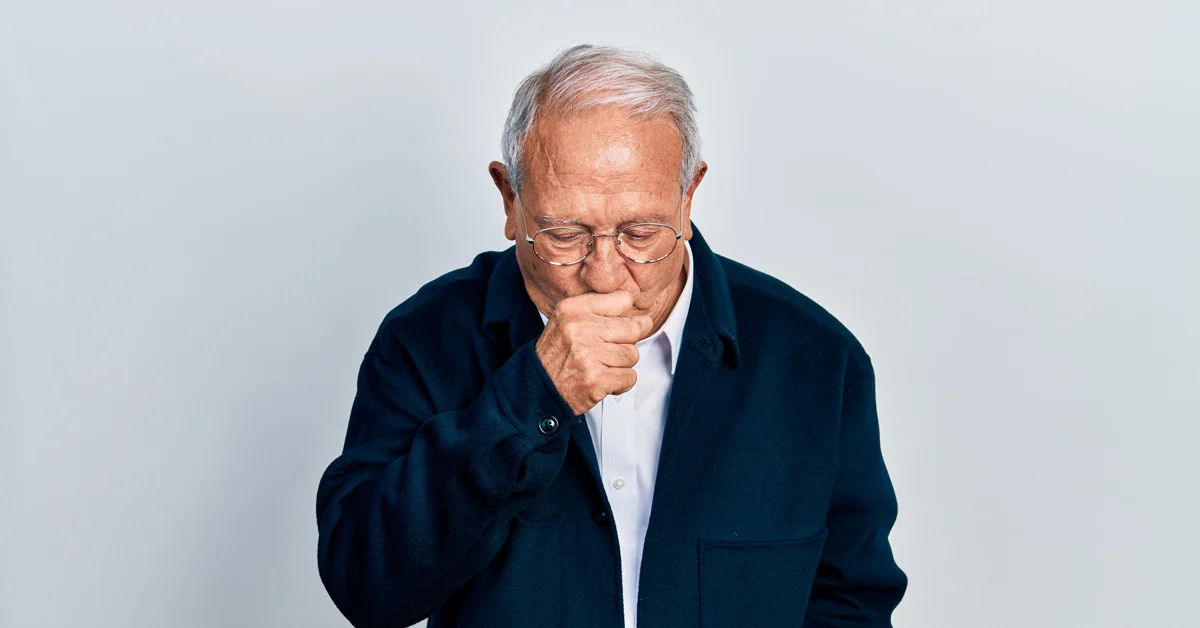The Importance of Cleaning and Maintaining Your NIV Equipment for Healthy Treatment
Using Non-Invasive Ventilation (NIV) equipment is essential to many people's lives, providing critical support for breathing. However, without proper cleaning and maintenance, this equipment can cause serious health risks. Bacteria, mold, and other harmful contaminants can thrive within unsanitary NIV machines, ultimately compromising respiratory health. In this article, we'll delve into the importance of cleaning NIV equipment and provide a comprehensive guide to help your equipment remain clean and safe to use.
Lesley Williams, a Registered Respiratory Therapist at Apria with 35 years of experience, states, “Maintaining a clean NIV system is paramount for respiratory health and therapy effectiveness. Educate yourself on your equipment and best practices for proper operation and cleanliness.”
The Consequences of Uncleaned NIV Equipment
If not cleaned properly, you run the risk of:
- Masks: Old, uncleaned masks can lead to sores on the face and inadequate sealing, potentially compromising therapy effectiveness. Oils that come from your skin can break down your mask much quicker.
- Tubing: Accumulated dust and mold within tubing can introduce harmful particles directly into the respiratory system.
- Filters: Neglected filters can allow dust to infiltrate the tubing, increasing the risk of respiratory issues.
- Humidifier Chamber: The warm, damp environment of the humidifier chamber is a breeding ground for mold and bacteria, posing a significant health hazard if left uncleaned.
Cleaning Your NIV Equipment
The Cleaning Supplies You’ll Need
- Warm, clean water
- Mild soap (although don’t use harsh dish detergents, alcohol, bleach, strong-smelling products, scented oils, or antibacterial soaps)
- White vinegar
- Clean, dry towels
- A sink, tub, or basin large enough to hold your hose or tubing
Also, reserve enough space to allow your equipment to dry.
How Often to Clean Your NIV Device
Most manufacturers recommend cleaning your NIV device daily—or at the very least weekly.
Ideally, the following components should be cleaned daily.
Mask
Because your mask touches your face, bacteria and dead skin cells can collect on it. So it’s important to clean it daily to prevent infection. Plus, masks that aren’t regularly cleaned can lead to leaks, which can cause skin or eye irritation and hamper the success of your therapy.
Your mask has three parts: the cushion, headgear, and frame. Each should be removed and washed in mild soapy water and rinsed thoroughly. Then let them completely air dry—preferably covered by a towel or cloth to prevent dust accumulation.
Always consult the manufacturer’s suggested cleaning instructions on how to clean your mask. But one suggestion to disinfect the cushion weekly, is by soaking it in a mixture of 2-parts water and 1-part white vinegar for 20 minutes, then rinse with distilled water.
Want to extend the life of your mask? Wash your face before lying down to put on your mask. Never apply lotions or face creams prior to going to bed. Lotions and makeup can affect the integrity of the mask.
Ideally, the following components should be cleaned weekly.
Filters
Depending on your machine, it may have both reusable filters and disposable filters.
Reusable filters should be washed at least once a week, depending on how much pollen, dander, and dust they attract. Regularly cleaning prevents harmful particles from entering your machine and inhaling them.
To clean, rinse the filters under warm water, squeeze out excess water, then dry with a clean towel. Let them completely air dry before putting them back in your NIV device.
Disposable filters should be replaced regularly according to the manufacturer’s instructions.
Bacterial inlet filters should be changed monthly with your circuit, or sooner if the manufacturer specifies.
Tubing
Disposable circuits and tubing should be replaced monthly, or sooner if indicated by the manufacturer. Wash reusable tubing with mild soap and warm water on a weekly basis. Be sure to clean the inside of the tubing by submerging it under water. Then rinse and hang to dry.
Don’t use bleach or scented products, which can break down tubing material and release unhealthy vapors into your device. Also, depending on the manufacturer, tubing should be replaced every 3 months.
Humidifier
The heated humidifier chamber should be changed or cleaned at the same interval the ventilator circuit, every month, or sooner if indicated by the manufacturer guidelines.
Maintaining a clean NIV system is paramount for respiratory health and therapy effectiveness. By following these cleaning guidelines and incorporating regular maintenance into your routine, you can ensure that your NIV equipment remains safe and reliable and supports healthy breathing. Don't overlook the importance of cleanliness – your respiratory health depends on it.
References
“Equipment Cleaning.” rqsbreathetx. Accessed April 11, 2024.
Ferreira, Rosario. “Interfaces, Circuits and Humidifiers.” Frontiers in pediatrics, December 7, 2020.
“Non-Invasive Ventilation (NIV).” IU Health. Accessed April 11, 2024.
“Non-Invasive Ventilation Equipment Care & Maintenance.” London Health Sciences Centre. Accessed April 11, 2024. Schönhofer, B, and Sortor-Leger. “Equipment Needs for Noninvasive Mechanical Ventilation.” The European respiratory journal. Accessed April 11, 2024.
LEGAL DISCLAIMER: Material in this newsletter is provided for general health education and informational purposes and to provide references to other resources only; it may not apply to you as an individual. While Apria Healthcare believes that the information provided through this communication is accurate and reliable, Apria Healthcare cannot and does not make any such guarantee. It is not intended to be a replacement for professional medical advice, evaluation, diagnosis, services or treatment (collectively, “medical treatment”). Please see your healthcare provider for medical treatment related to you and your specific health condition(s). Never disregard medical advice or delay seeking medical care because of something you have read on or accessed through this website. Reading this newsletter should not be construed to mean that you have a healthcare provider/patient relationship.

.jpg?width=1120&height=376&name=AD-NewsletterBanner-CleaningOptions5%20(02.24).jpg)




